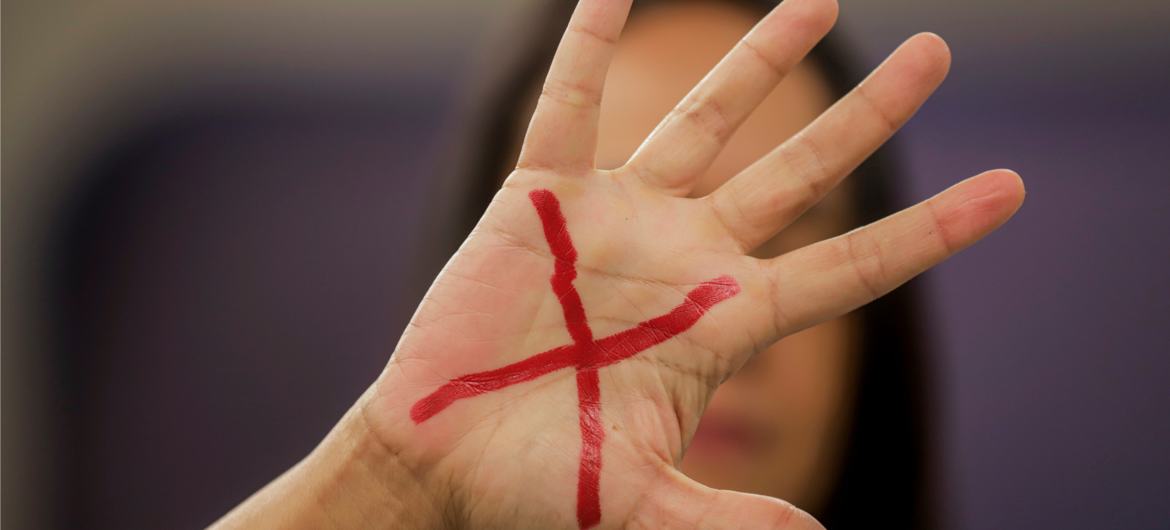NACADA says no alcohol bans effected, clarifies new policy only offers recommendations

The proposals, which have stirred public debate, include raising the minimum legal age for handling, purchasing, consuming and selling alcohol from 18 to 21 years.
The National Authority for the Campaign Against Alcohol and Drug Abuse (NACADA) has clarified that no bans on alcohol advertising, online sales, home deliveries or celebrity endorsements have been effected.
The clarification follows uproar among Kenyans after the launch of the National Policy for the Prevention, Management and Control of Alcohol, Drugs, and Substance Abuse (2025) by Interior Cabinet Secretary Kipchumba Murkomen on Wednesday.
More To Read
- UK warns citizens visiting Kenya, Uganda of methanol poisoning from fake alcoholic drinks
- KDF recruitment reveals alarming substance abuse among hundreds of Garissa youth
- Kenya raises alarm on surge in synthetic drugs, shifting trafficking trends
- Former Chesumei MP and Boston Marathon winner Elijah Lagat dies
- NACADA, clergy join forces to confront drug crisis at the Coast
- New Bill seeks to expand rehab, harm reduction services nationwide
The proposals, which have stirred public debate, include raising the minimum legal age for handling, purchasing, consuming and selling alcohol from 18 to 21 years.
The policy also recommends tough restrictions on advertising, including a ban on the use of celebrities, influencers and sports figures to promote alcoholic products. It further seeks to prohibit alcohol branding in sports and outlaw lifestyle marketing strategies that glamorise drinking.
In a statement on Wednesday, the Authority maintained that the new policy only outlines recommendations that will undergo further legal and regulatory scrutiny before any enforceable measures are adopted.
“This is a national policy, and contrary to reports suggesting that NACADA has banned certain practices such as alcohol advertising, online sales, home deliveries and celebrity endorsements, we wish to emphasise that no bans have been introduced. These measures are currently policy recommendations, not law,” NACADA Chief Executive Officer Dr Anthony Omerikwa said.
He noted that the policy is intended to serve as a guiding framework for future interventions, and any changes that require legal backing will follow a transparent and inclusive process.
“The next step after this launch is the development of a multi-sectoral implementation framework, bringing together stakeholders from government, industry, civil society and the public. This process will set out practical steps towards achieving the policy’s aims,” he said.
“Any proposal that requires legal backing will undergo a thorough law review process, which will be transparent and inclusive.”
He emphasised that public participation will be at the core of the implementation process to ensure all voices are heard, particularly where contentious issues are concerned.
“Most importantly, public participation will be central to this process, enabling citizens, businesses, and interest groups to share their views and address any contentious issues before implementation,” Omerikwa said.
The Authority urged the media and the public to view the policy as a roadmap, not an enforcement tool, reiterating that its primary aim is to safeguard the youth and promote public health.
“NACADA’s goal, as clearly outlined in the policy, is to protect our youth from the dangers of alcohol and substance abuse, reduce related harm, and foster a healthier, more productive society,” Omerikwa added.
The public has been encouraged to seek accurate updates through NACADA’s official website and verified communication platforms.
Top Stories Today














































